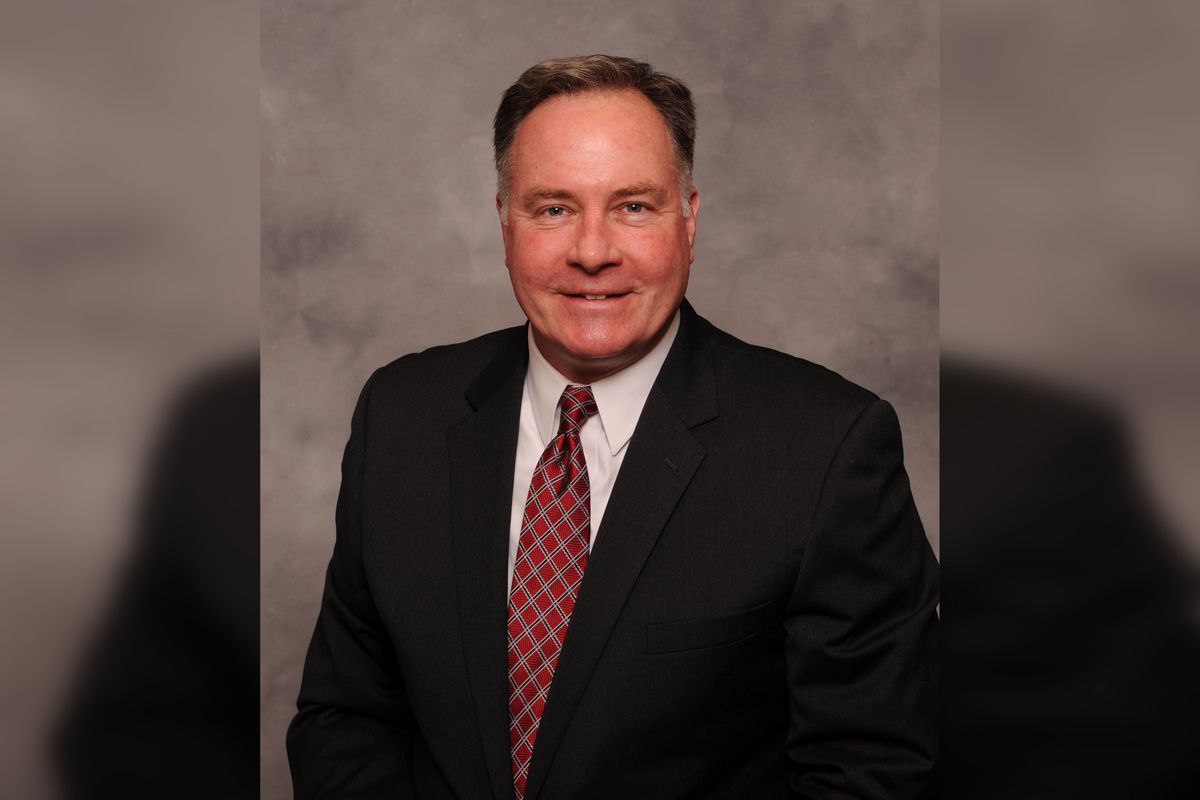Overheard: Innovators sound off on future of work, converging industries at Houston House at SXSW 2024
Eavesdropping in Austin
Houston innovators talked big topics at SXSW 2024 — from the startup scaling and converging industries to the future of work.
Houston House, which was put on by the Greater Houston Partnership on March 11, hosted four panels full of experts from Houston. If you missed the day-long activation, here are some highlights from the experts who each commented on the future of the Bayou City when it comes to startups, technology, innovation, and the next generation's workforce.
"When we think about Houston, we think about access to at-scale infrastructure, amenities, and workforce and talent pools."
— Remington Tonar, co-founder and chief growth officer at Cart.com, says about why the company chose to return its headquarters back to Houston last year. One of these amenities, Tonar explained, is Houston's global airports.
"If New York and Austin had a baby, it would be Houston, because you have friendly people with a big-city culture."
— Mitra Miller, vice president and board member of Houston Angel Network, says, adding that Houston has a cost efficiency to it, which should be at the forefront of founders' minds when considering where to locate.
"We are not only attracting global talents, we are also attracting global wealth and foreign investments because we are the rising city of the future. We are the global launch pad where you can scale internationally very quickly."
— Sunny Zhang, founder of TrueLeap, says adding how there's a redistribution of global workforce happening when you consider ongoing global affairs.
"We overwhelmingly as a company, and my co-founder would agree, knew we had to go the Houston path. And we started funneling a lot more resources here."
— Carolyn Rodz, co-founder and CEO of Hello Alice, says, explaining that the pandemic helped equalize the talent across the country, and this has been to the benefit of cities like Houston.
"Houston is here with arms open, welcoming people and actively recruiting."
— Sean Kelly, co-founder and CEO of Amperon, says, emphasizing how Texas has made moves to being business friendly. Amperon was founded in New York, before moving to Houston a couple years ago.
"There is a revolution starting to happen in Houston right now."
— Trevor Best, co-founder and CEO of Syzygy Plasmonics, says, first commenting on the momentum from Rice University, where his company's technology originates from. But, as he adds, when you compare the ecosystem when the startup was founded in 2019 to where it's at now, "there is so much more happening."
"Houston has a critical mass in terms of aerospace."
— Stephanie Munez Murphy of Aegus Aerospace says, saying specifically that NASA's Johnson Space Center holds some responsibility for that. "JSC is the home of opening up space commercialization."
"There's diversity in industries people are coming from, but also in terms of experience and expertise that (Houstonians) have."
— Robyn Cardwell of Omniscience says, adding that Houston's diversity goes further than just where people originate from. "Houston has all these pieces put together ... for growing and scaling organizations," she adds.
"I've worked with thousands of students in Houston who are actively looking to better themselves and grow their career post college or post high school and go into the workforce."
— Allie Danziger of Ascent Funding says, adding that Gen Z, which is already entering the workforce, is entrepreneurial and ready to change the world. "Seeing the energy of Houstonians is just thrilling," she adds.
"We're working together in the Houston community. ... There are so many opportunities to collaborate but we need conveners."
— Stacy Putman of INEOS says, adding that within industry there has been a lack of discussion and collaboration because of competition. But, as she's observing, that's changing thanks to conveners at colleges or at the Greater Houston Partnership.
"The opportunity for Houston is that everybody has to step up to be in some way, shape, or form helping us with this."
— Raj Salhotra of Momentum Education says about supporting the future workforce of Houston, including low-income household students.







